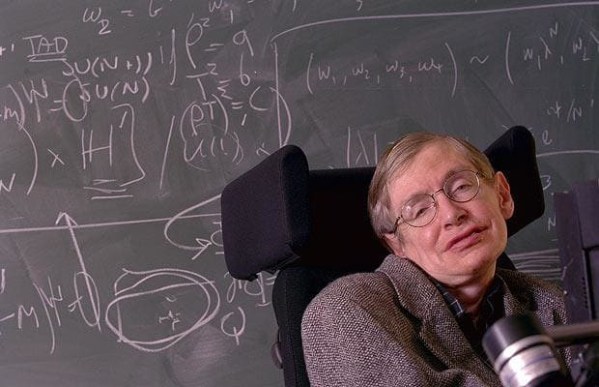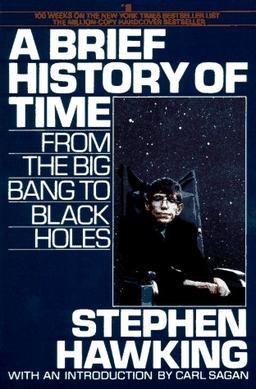Last year marked the 30th anniversary of the Internet Relay Chat protocol (IRC) and it is hard to imagine that [Jarkko Oikarinen] could have foreseen the impact his invention would one day have on the world as we know it. How it would turn from a simple, decentralized real-time communication system for university-internal use into a global phenomenon, connecting millions of users all over the world, forming its own subculture, eventually reaching mainstream status in some parts of the world — including a Eurodance song about a bot topping European music charts.
Those days of glory, however, have long been gone, and with it the version of an internet where IRC was the ideal choice. What was once a refuge to escape the real world has since become the fundamental centerpiece of that same real world, and our ways of communicating with each other has moved on with it. Nevertheless, despite a shift in mainstream and everyday communication behavior, IRC is still relevant enough today, and going especially strong in the open source community, with freenode, as one of the oldest networks, being the most frequently used one, along some smaller ones like OFTC and Mozilla’s own dedicated network. But that is about to change.
Last month, Mozilla’s envoy [Mike Hoye] announced the decommissioning of irc.mozilla.org within “the next small number of months“, and moving all communication to a new, or at least different system. And while this only affects Mozilla’s own, standalone IRC network and projects, and not the entire open source community, it is a rather substantial move, considering Mozilla’s overall reach and impact on the internet itself — past, present, and now even more the future. Let’s face it, IRC has been dying for years, but there is also no genuine alternative available yet that could truly replace it. With Mozilla as driving force, there is an actual chance that they will come up with a worthy replacement that transforms IRC’s spirit into the modern era.



 Hawking’s first book, A Brief History of Time, has sold more than 10 million copies and for many readers was their introduction into the way physicists view space and time. It was written for general consumption and not reserved for those who were already bathed in the jargon of theoretical physics. It sent the message that contemplating science is something that is fun to do in your spare time. This work continued with his more recent mini-series Into the Universe with Stephen Hawking created for the Discovery Channel.
Hawking’s first book, A Brief History of Time, has sold more than 10 million copies and for many readers was their introduction into the way physicists view space and time. It was written for general consumption and not reserved for those who were already bathed in the jargon of theoretical physics. It sent the message that contemplating science is something that is fun to do in your spare time. This work continued with his more recent mini-series Into the Universe with Stephen Hawking created for the Discovery Channel.








